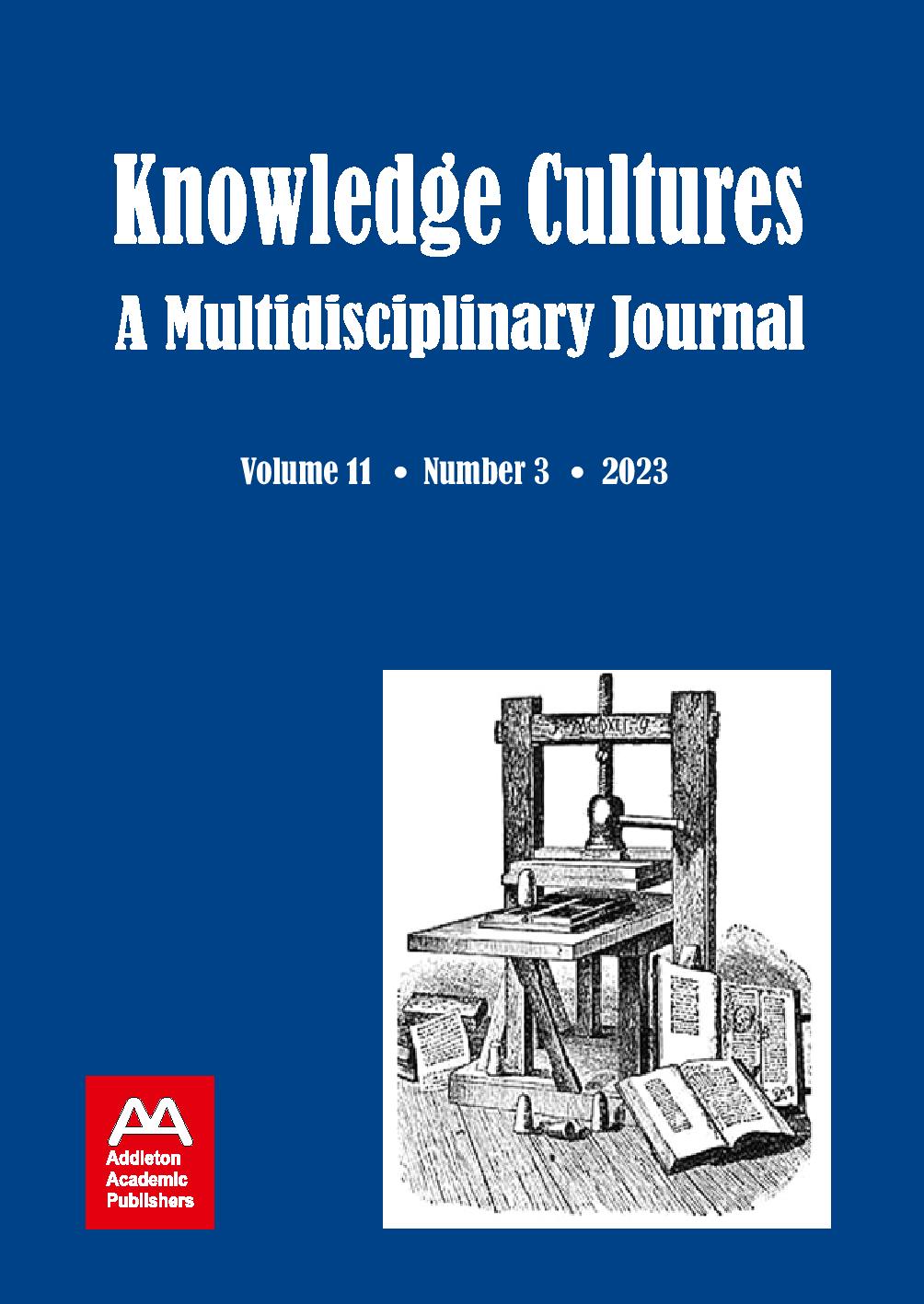An Indigenous Ethics of Visual Research
An Indigenous Ethics of Visual Research
Author(s): Sean SturmSubject(s): Visual Arts, Ethics / Practical Philosophy, School education, Methodology and research technology
Published by: Addleton Academic Publishers
Keywords: visual research methodologies; Indigenous research ethics; te ao Māori; response-ability; manaakitanga;
Summary/Abstract: Although reflection on the ethics of visual research has moved beyond the ‘big four’ principles of autonomy, non-maleficence, beneficence and justice to embrace a situated and relational ethics that acknowledges institutional, social and cultural expectations about research and aims to involve research participants as fully as possible in research, the ethics of visual research does not yet fully recognise Indigenous concepts and practices. To indigenise the ethics of visual research in Aotearoa|New Zealand would entail not only the inclusion of tikanga and kawa Māori (Māori practices and protocols) in formal ethical decision-making processes but also the enactment of a generous and generative ethics, an ethics of ‘response-ability’ grounded in manaakitanga (care), which can be defined, according to Te Ahukaramū Charles Royal, as the fostering (aki) of the ‘non-ordinary power’ (mana) of the people and other beings who compose the research situation. Such an ontological ethics will ensure that research is not only culturally sustaining for Māori researchers and participants but also prefigurative of new ways of being Māori and, for non-Māori researchers and participants, of new ways of being-with Māori
Journal: Knowledge Cultures
- Issue Year: 11/2023
- Issue No: 3
- Page Range: 39-59
- Page Count: 21
- Language: English
- Content File-PDF

